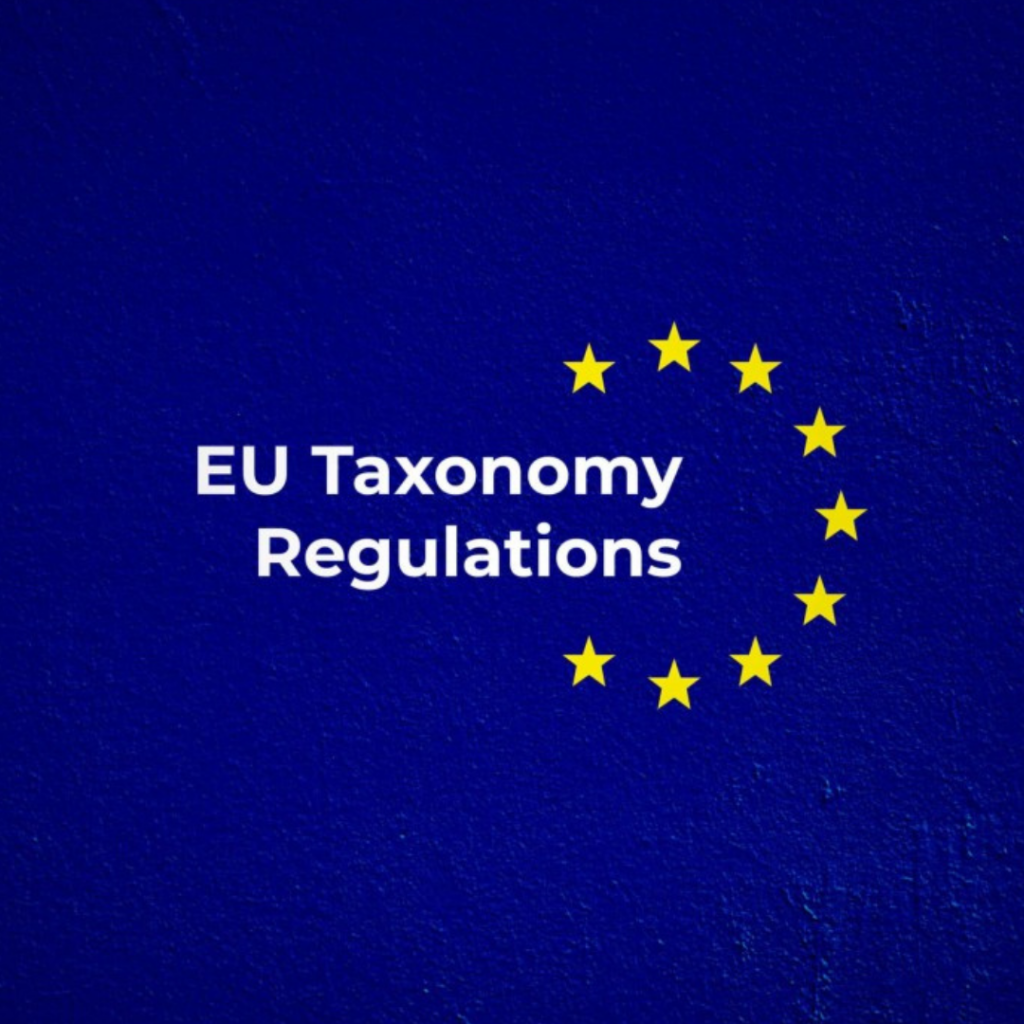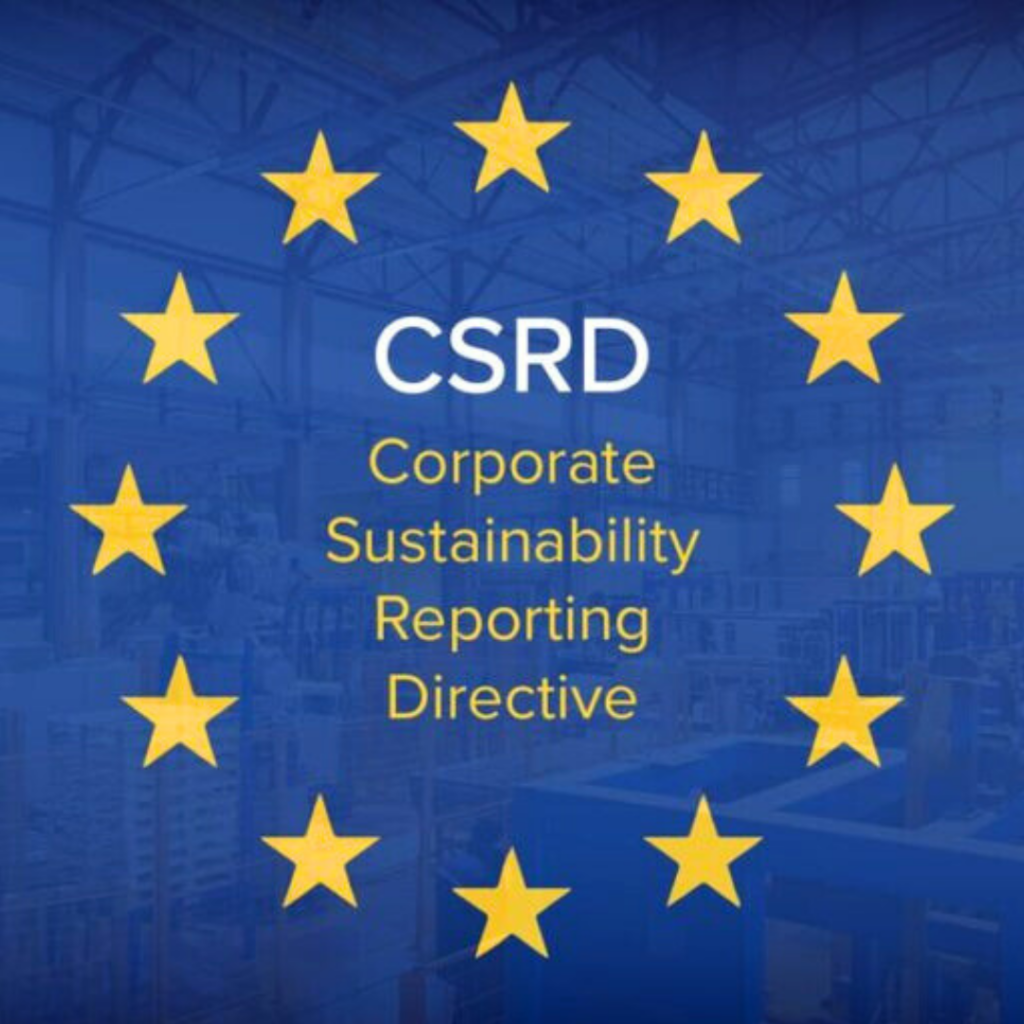Introduction
In the pursuit of a greener and more transparent future, the European Union (EU) is spearheading transformative initiatives, notably the Corporate Sustainability Reporting Directive (CSRD), the EU Taxonomy, and the Green Deal. These interrelated frameworks collectively aim to reshape corporate behavior, enhance transparency, and propel the EU towards a sustainable future.
The CSRD amplifies sustainability reporting by expanding disclosure requirements, fostering a culture of transparency that extends beyond financial considerations. Complementing this, the EU Taxonomy classifies environmentally sustainable economic activities, combatting greenwashing and guiding financial decisions toward climate-aligned initiatives. The Green Deal serves as the overarching roadmap for achieving a sustainable, resource-efficient, and inclusive EU economy.
The Corporate Sustainability Reporting Directive (CSRD) is a new framework introduced by the European Union (EU) to standardize and strengthen the reporting of non-financial data. The primary aim of the CSRD is to establish a shared framework for reporting non-financial data, with the goal of enforcing thorough, robust, and standardized reports. This directive will require companies to integrate sustainability as a major topic in their risk discussion, and to qualify and quantify sustainability in their enterprise risk management. The CSRD will replace and build on the Non-Financial Reporting Directive (NFRD) and will apply to large companies based in the EU or with an annual turnover of above €150 million. The new framework will be rolled out in a phased approach from 2024, and it will require companies to report on how sustainability issues, such as climate change, impact their business and how their operations affect people and the planet.
The CSRD will have a significant impact on over 50,000 companies, from small and medium-sized enterprises to listed firms, that will need to disclose environmental, social, and governance (ESG) data. The directive will require companies to provide both qualitative and quantitative information that is forward-looking and retrospective, based in the short, medium, and long-term. Additionally, the CSRD features mandatory assurance for reporting by an independent assurance service to ensure the accuracy and reliability of the information. Companies falling under the scope of the CSRD will need to prepare for the new reporting requirements and integrate sustainability knowledge into their organizations to comply with the directive.

EU Taxonomy
The EU Taxonomy is a fundamental component of the EU’s sustainable finance framework, serving as a vital tool for directing investments toward economic activities essential for the transition to a more sustainable economy in line with the European Green Deal objectives. It is a classification system that defines the criteria for identifying environmentally sustainable activities, aiming to prevent greenwashing and provide clarity for companies, capital markets, and policymakers on which economic activities are sustainable.
The Taxonomy Regulation, which entered into force on July 12, 2020, sets out the conditions that an economic activity must meet to be considered environmentally sustainable, and the European Commission has developed a user-friendly website, the EU Taxonomy Navigator, to facilitate its implementation and support companies in their reporting obligations.
The EU Taxonomy covers six environmental objectives and specifies how each activity can contribute to these objectives. To be considered taxonomy aligned, an activity must contribute to at least one objective, do no significant harm to any of the others, and meet minimum social safeguards. The Taxonomy Regulation is expected to have a significant impact on companies, as they will be required to report on the percentage of their overall turnover, CapEx, and OpEx that is taxonomy eligible. The regulation is designed to support the EU’s transformation into a modern, resource-efficient, and competitive economy with net-zero greenhouse gas emissions by 2050, and it is anticipated to progressively incorporate additional activities that could qualify as environmentally sustainable.

Green Deal
The European Green Deal, approved in 2020, is a comprehensive set of policy initiatives by the European Commission, with the overarching aim of making the European Union the first climate-neutral continent by 2050. It is a roadmap for transforming the EU into a modern, resource-efficient, and competitive economy, with the goal of achieving no net emissions of greenhouse gases by 2050.
The Green Deal encompasses a wide range of measures, including the decoupling of economic growth from resource use and ensuring that no person or place is left behind. It is a response to the existential threat of climate change and environmental degradation, and it aims to provide a lifeline out of the COVID-19 pandemic by creating a more sustainable and resilient economy.
The EU Green Deal is supported by a significant investment plan, totaling over €1 trillion, to fund the delivery of the policy reforms needed for the EU’s economic growth and the transition to a sustainable economic model.
The plan comprises two principal financing streams, with over half of the budget coming directly from the EU budget and the EU Emissions Trading System. The remaining funding will be sourced through the InvestEU programme. The Green Deal is not only a response to the climate crisis but also a driver of economic growth, aiming to create a cleaner environment, more affordable energy, smarter transport, and new jobs, ultimately leading to an overall better quality of life.


